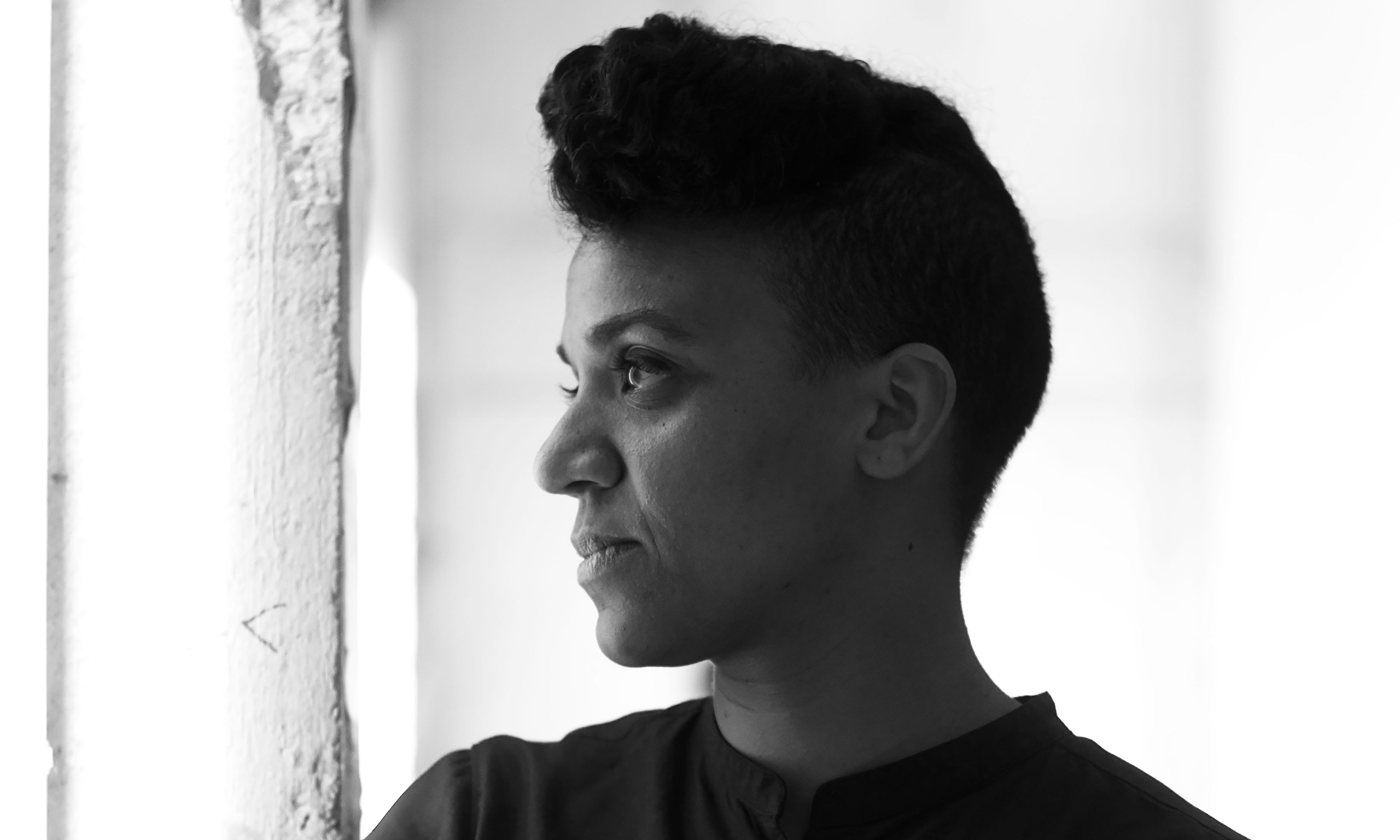Portrait of Kapwani Kiwanga, 2016 © Bertille Chéret
Canada is the latest country to announce its artist choice for the next Venice Biennale (20 April-24 November), selecting Kapwani Kiwanga who works in video, installation, sound, performance and sculpture.
The National Gallery of Canada is the pavilion commissioner while the non-profit National Gallery of Canada Foundation is backing the Canadian representation. Gaëtane Verna, Canada Pavilion curator, says in a statement: “[Kiwanga] is interested in the role of art as a catalyst for revealing and addressing alternative and often silenced, marginalised sociopolitical narratives that are part of our shared histories.”
In 2020, Kiwanga won the 20th edition of the Prix Marcel Duchamp for her installation, Flowers for Africa. Featuring 13 floral arrangements on white podiums, Kiwanga’s work was based on archived imagery of flowers at key diplomatic events connected to the independence of African countries.
Paris-based Kiwanga studied anthropology and comparative religion at McGill University in Montreal before entering the Beaux-Arts school in Paris. She began Flowers for Africa during a residency in Dakar in 2013 while researching iconographic images of ceremonies and political meetings relating to Senegal’s independence in 1960.
In 2018, she won the Frieze Artist Award. In an interview with The Art Newspaper, the artist discussed her open-air piece, entitled Shady, which was shown at the Frieze New York fair. The installation sparked debate about issues ranging from the colonial appropriation of land to freedom of movement.
Asked about studying anthropology and comparative religion at McGill University in Montreal, she said: “I think I’ve realised how much [they have] imprinted on what I work on, maybe not always the content but sometimes the form. I was thinking recently about how the different approaches to textual writing in anthropology has informed more and more of my installations.”

